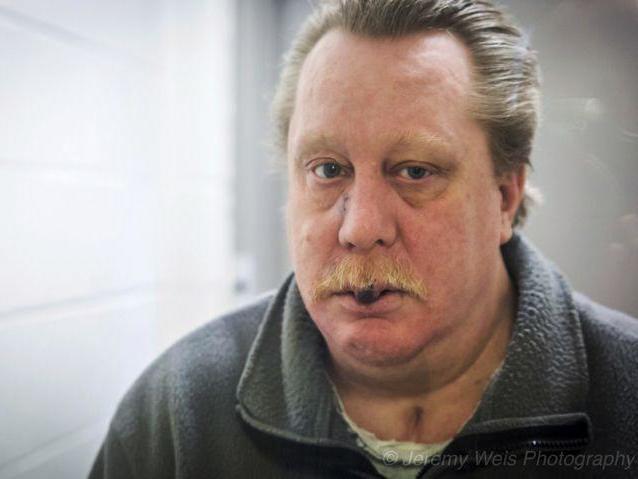Death row prisoners have no right to painless execution, US Supreme Court rules
Conservative justices conclude 'the Eighth Amendment forbids cruel and unusual methods of capital punishment but does not guarantee a prisoner a painless death'
The US constitution does not guarantee a painless death in the case of capital punishment, according to a Supreme Court ruling on Monday.
The decision paves the way for the execution of 50-year-old Russell Bucklew, who had sought to die by lethal gas rather than lethal injection because of a rare medical condition.
He argued lethal injection could inflict undue agony on him by rupturing blood-filled tumors on his face, head, neck and throat caused by a congenital condition called cavernous hemangioma.
He said the method would be in contravention of the US Constitution’s Eighth Amendment, which bans cruel and unusual punishment.
In a decision written by conservative Justice Neil Gorsuch, the court ruled 5-4 that Bucklew had failed to present enough evidence for them to let him ask a lower court to allow him to be executed by lethal gas. The court’s five conservatives were in the majority and its four liberals dissented.
“The Eighth Amendment forbids ‘cruel and unusual’ methods of capital punishment but does not guarantee a prisoner a painless death,” Mr Gorsuch, appointed to the court by Donald Trump in 2017, wrote.
There was no evidence that Bucklew’s chosen alternative – lethal gas – would be any less painful, he added.
“As originally understood, the Eighth Amendment tolerated methods of execution, like hanging, that involved a significant risk of pain, while forbidding as cruel only those methods that intensified the death sentence by ‘superadding’ terror, pain or disgrace,” Mr Gorsuch wrote.
The case did not challenge the constitutionality of the death penalty itself as a violation of the Eighth Amendment.

In Missouri, execution is authorised using either injection or gas but the state in practice uses only lethal injection.
Bucklew was convicted of the 1996 murder of Michael Sanders, who was living with Bucklew’s former girlfriend Stephanie Ray in southeastern Missouri.
Bucklew fatally shot Sanders at his trailer home, kidnapped and raped Ray, shot at Sanders’ 6-year-old son and wounded a police officer before he was caught.
Bucklew’s appeal neither contested his guilt nor sought to avoid execution. Lawyers for the state have said that although lethal gas is authorised, it has never been used and there are no protocols for it.
His condition has caused large, blood-filled tumours to grow on his face, head, neck and throat, according to court papers.

The nation’s highest court blocked Bucklew’s execution in March 2018 on a 5-4 vote, with four of the court’s five conservative justices voting to deny the request. The conservative justice who voted with the court’s four liberals to grant the stay, Anthony Kennedy, has since retired and was replaced by Mr Trump’s appointee Brett Kavanaugh.
Reuters contributed to this report
Join our commenting forum
Join thought-provoking conversations, follow other Independent readers and see their replies
Comments
Bookmark popover
Removed from bookmarks